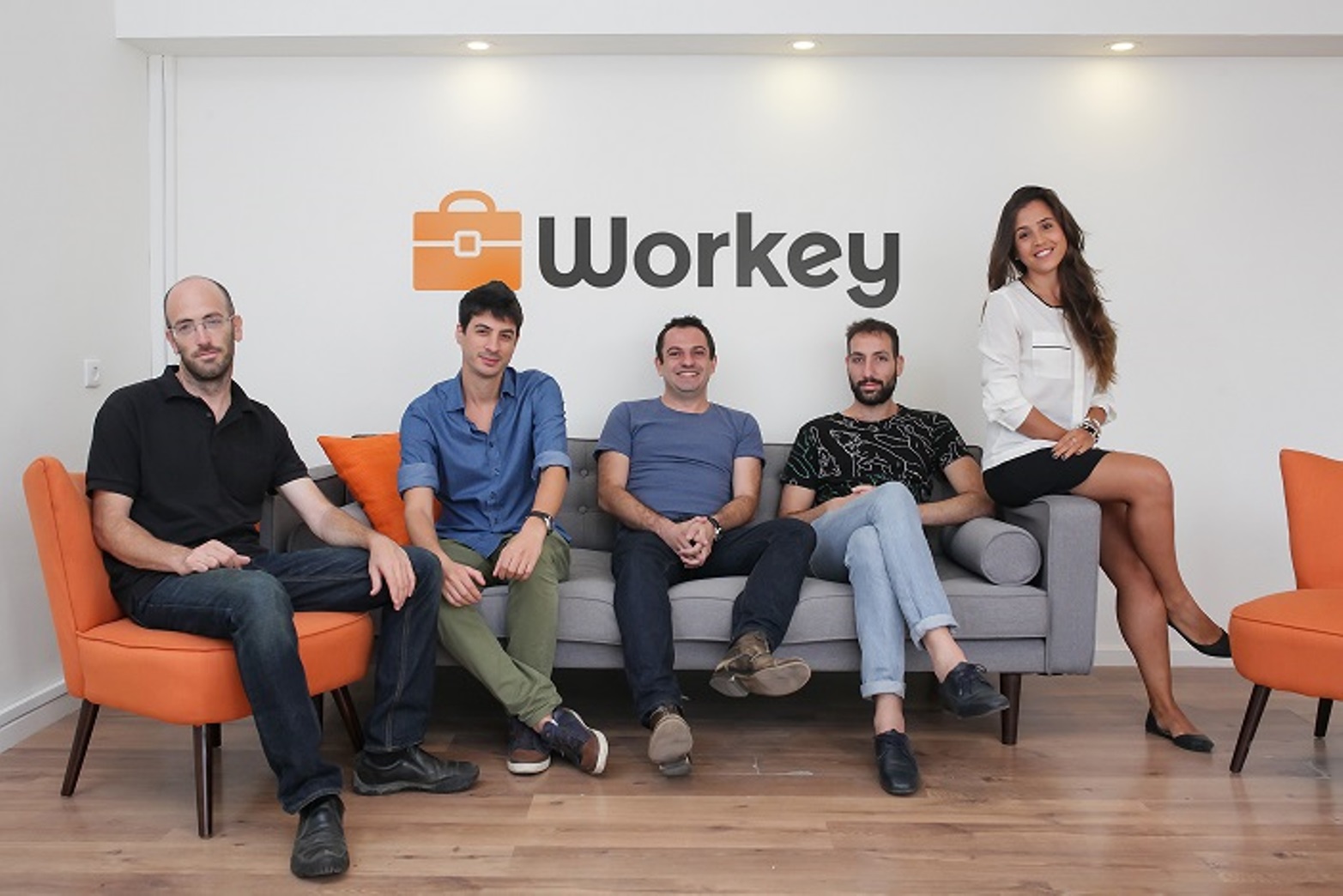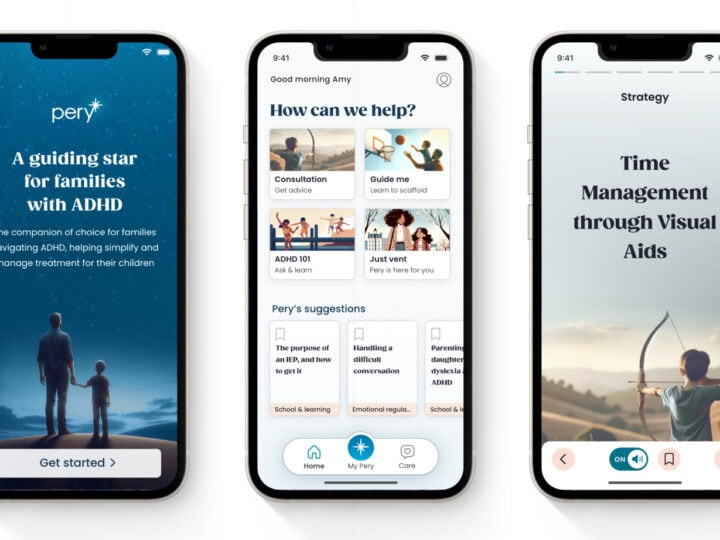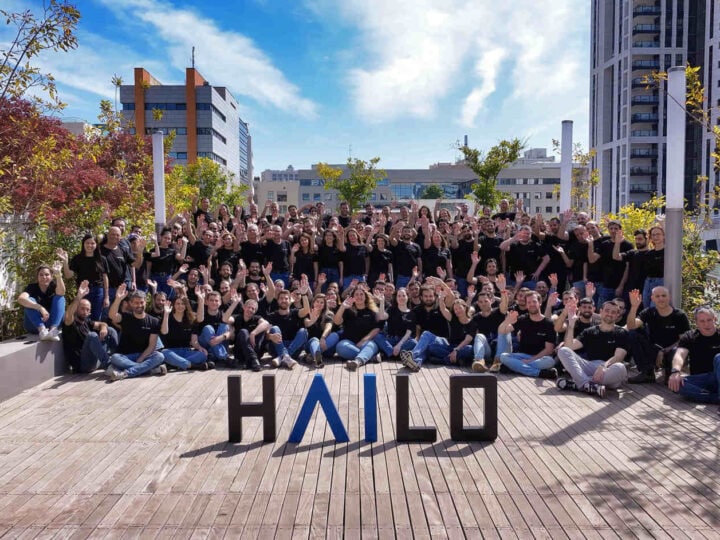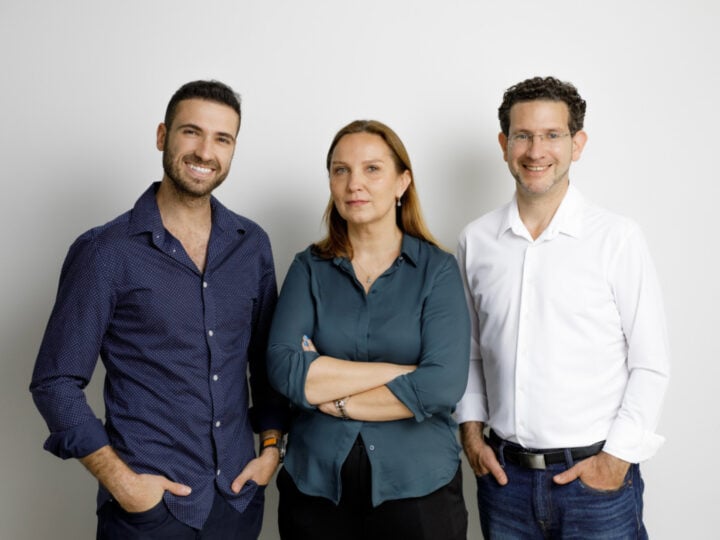Israeli startup Workey is opening an office in New York, following a new fundraising round of $8 million, led by Jerusalem’s PICO Partners and Magma VC.
Workey uses artificial intelligence to help millennials find a career. The company’s software compares users’ skills and employment history with “millions of career paths” on the web, including friends on social media.
“We don’t use the word ‘applicant,’” the company’s VP of marketing Danny Shteinberg told ISRAEL21c when we first wrote about the company in 2016, shortly after its $1.6 million seed round. “You express your willingness to work in a company that needs someone with your skills, and if they want you, we propose you as a candidate. We take out the embarrassing part because you don’t actually apply for the job.”
The identities of Workey users are cloaked. Only if a potential job seeker expresses interest in a job is he or she introduced by name to the potential employer.
“Workey is a safe playground to expose your experience and expertise and get specific opportunities that suit you. Only you decide if and when your personal details will be revealed to the company,” Shteinberg said.
Workey is free for job seekers, while companies pay a fee. The $8 million came in part as a result of Workey’s success in bringing on some big beta test clients, including Yahoo, Amazon, Dell, Cisco and Oracle. Founded in 2014 by IDF Intelligence Unit 8200 veterans Ben Reuveni and Amichai Schreiber, Workey has worked with more than 400 companies so far.
“In a candidate-driven market, Yahoo always strives for innovative approaches to recruitment, and Workey has proved to be an invaluable service,” Omri Perek, recruitment manager at Yahoo, said in a news release. “The smart recommendations and quality introductions facilitated by Workey, combined with its easy-to-use and welcoming platform, has enabled us to fill multiple positions with ideal candidates.”
Workey started with a focus on engineering jobs, but its technology can be adapted to work with other industries.
“The traditional recruitment process is inefficient and outdated for not just millennials, but for employees across the board,” said Shteinberg.

















